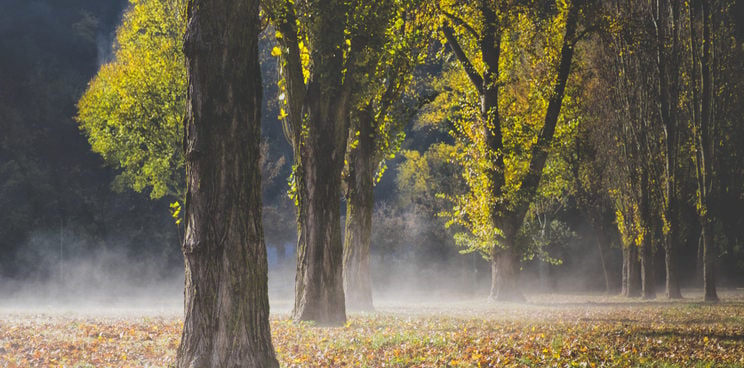Newsletter Signup - Under Article / In Page
"*" indicates required fields
An EU project is using forestry waste to make 2,3-butanediol, a chemical with a wide range of industrial applications, from perfumes to synthetic rubber and food additives.
Rehap, an EU project, has found a way to produce 2,3-butanediol, a chemical building block used in a range of industrial applications, using sugars purified from forestry waste. The news demonstrates that ‘recycled’ sugars could be used as a viable alternative to sugars produced from standard processing methods. To develop the technology, Rehap is partnering with the investor Tecnalia and its portfolio company Biosyncaucho.
The chemical building block is produced in two steps. First, starch-like residues purified from poplar, a waste product of woody material, are broken down into its constituent sugars. Then, a fermentation process is used to synthesize 2,3-butanediol from these simple sugars. The compound is usually produced using chemical hydrolysis, however, Rehap’s approach gives a comparable product.
2,3-butanediol has a wide range of uses, from pharmaceuticals to cosmetics, food additives, plastics and flowering agents, and the industry is estimated to be worth around €3.5M. In 2016, Novamont an Italian biotech, opened the first industrial plant in Italy dedicated to the eco-friendly production of the butanediol from genetically engineered E.coli in Italy. By using forestry waste, Rehap’s technology could provide a more sustainable addition to existing methods used to produce the chemical.
Image by Andrea Cimini/Shutterstock
Partnering 2030: FME Industries Report







